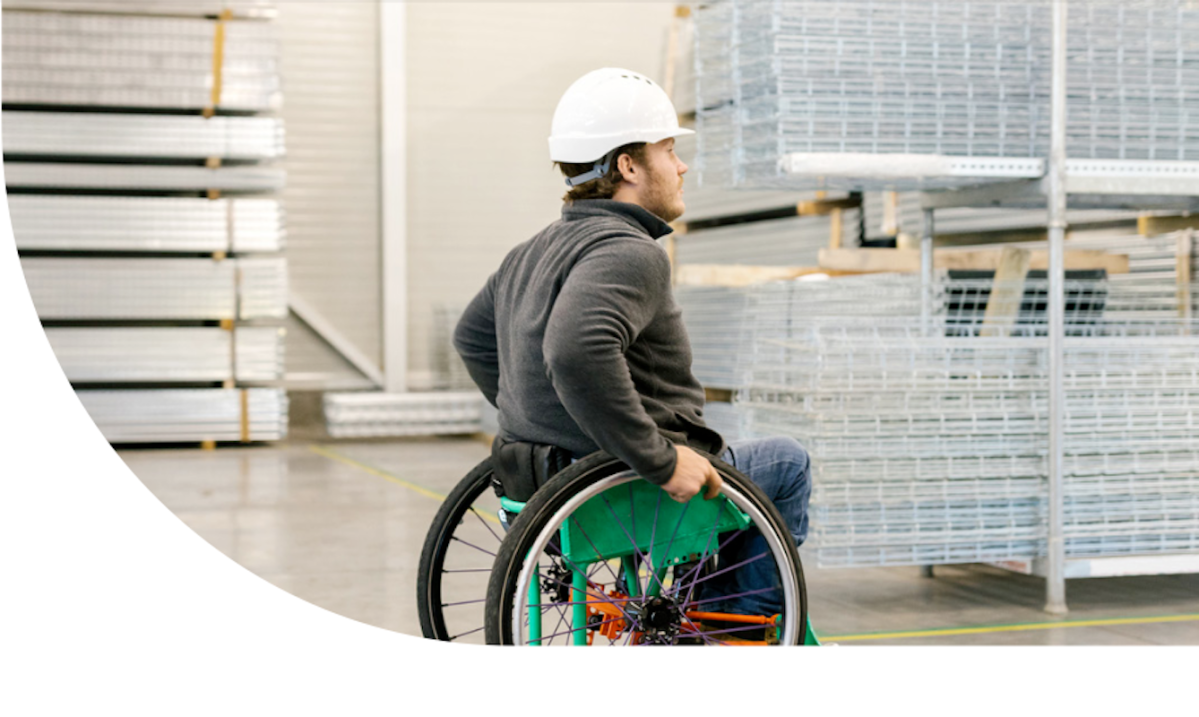One in six Australians live with a disability, and one third of those (1.4 million people) require high levels of support. Despite these huge numbers, there is currently very little philanthropic or impact investor support for the sector.
These are the findings of a new report commissioned by the seed-stage Achieve Foundation. The report, What’s next? Opportunities for Social Impact Investing to Deliver Outcomes for People with Disability, prepared by SVA, explores opportunities to improve the services and treatment of people living with a disability.
While it’s true that Specialist Disability Accommodation (SDA) receives considerable financial support, many will be surprised to realise that only 6% of NDIS participants are eligible for SDA; it’s a small part of the sector.
Looking beyond SDA offers huge impact opportunities for philanthropists and investors. OnImpact spoke with Kirsty Nowlan, Executive Director of the Achieve Foundation, about the foundation’s mission, and the role they hope to play in driving greater inclusion of the disabled community.
A New Foundation – An Impact Intermediary
The Achieve Foundation was set up in 2020, it’s only 18 months old, but it’s already making a mark with a report it commissioned exploring how impact investors can help support the disability sector.
“The first discovery that we made was that very little philanthropic money was flowing to disability. Given that almost 20% of Australians have a disability, and that the outcomes for people with disability are poor. We see our role as changing that dynamic, and bringing more focus into the space.” Kirsty says.
“The next stage was to assess the capacity for impact investing to help drive outcomes. Given the size of the problems we’re seeking to shift, we realised we would need to leverage investor capital. We invited SVA to do the opportunity analysis for us, and again, found that we have a very underdeveloped market.”
The foundation is not an investor but a collaborator, bringing people with disability, impact investors and philanthropists together.
“We see ourselves here as very much a system enabler. It’s an intermediary function, but more what the Scaling Impact Report calls an impact intermediary.”
Starting a Conversation
The report explores the many diverse players in the ecosystem, attempting to understand their motivations and incentives,but most importantly it wants to debunk assumed wisdom and highlight the dearth of support for those living with disability.
“We’re launching this report with a roundtable in an effort to bring together suitably qualified people. This wasn’t meant to be the definitive blueprint, this was meant to get a conversation started and the right people in a room to see what we can do about building the market.” Kirsty says.
“With any report, it’s what you do with it that matters. So we’re trying to bring together investors and intermediaries and people with disabilities to explore where we go from here? Where are the spaces that will move the conversation forward?”
Inclusion is a central goal, trying to create a culture in society where disability isn’t directly linked to disadvantage.
“So one of the focus areas of the report is offering ‘accessible social housing’, because people with disability are disproportionately users of social and affordable housing, given their socioeconomic status.” Kirsty says.
“We think that there’s opportunities to replicate the kind of work Conscious Investment Management did in Victoria, and help it flourish across the country.”
Inviting Investors to Look Beyond SDA
According to the report:
“Most people with disability are not eligible for the scheme. Of the 4.4 million people with disability, only about 519,000 people with disability are active NDIS participants with an approved plan. While people ineligible for NDIS have access to community sector supports including through the Information, Capacity Building and Linkages Investment Strategy, and aged care where relevant, there are claims that people with disability without NDIS eligibility are ‘forgotten’ by the system.”
Impact investors will be aware of the considerable capital that’s been committed to SDA, but a downside of those flows is the perception that ‘disability’ issues are being adequately funded.
“Currently the NDIS only supports 10% of people with disability, so that means that almost 4 million people aren’t going to benefit from that pool of funding. The NDIS was never intended to be the oasis in the desert. But unfortunately, that’s currently what it looks like.” Kirsty says.
“The focus of our work is beyond the NDIS, and it means we don’t look at SDA housing, that market has been established, and is sufficiently covered.”
The foundation is on a mission to help more impact investors and philanthropists to recognise the huge potential for impact that exists in raising the living standards for people with disabilities, and creating a culture of inclusion.
“There are an awful number of people, sitting in that tier just outside the NDIS, whose outcomes are really poor. But, it’s a space where impact investing could make a huge contribution.” Kirsty says.

